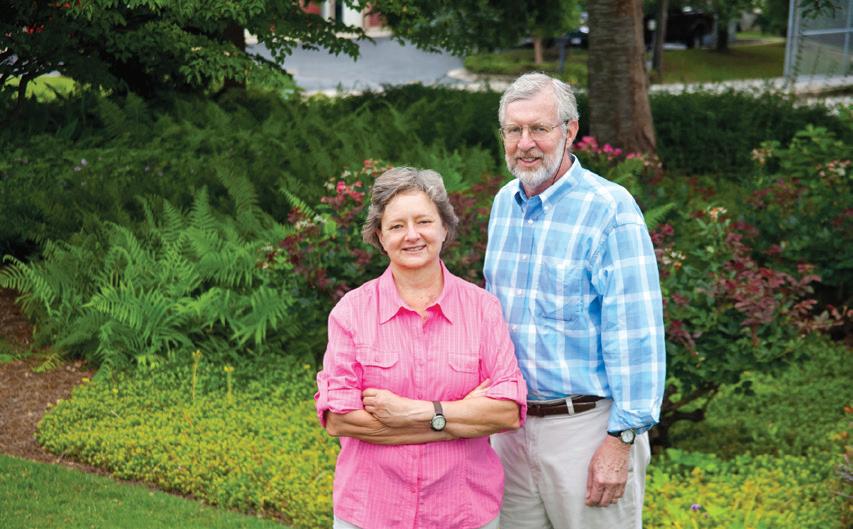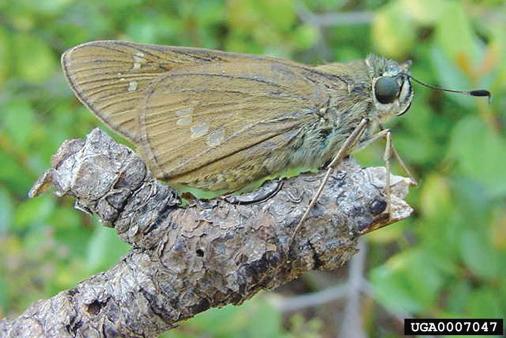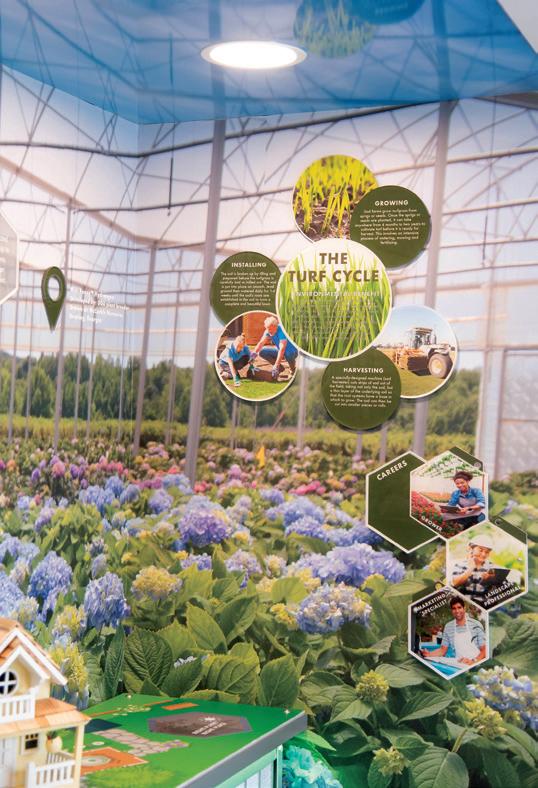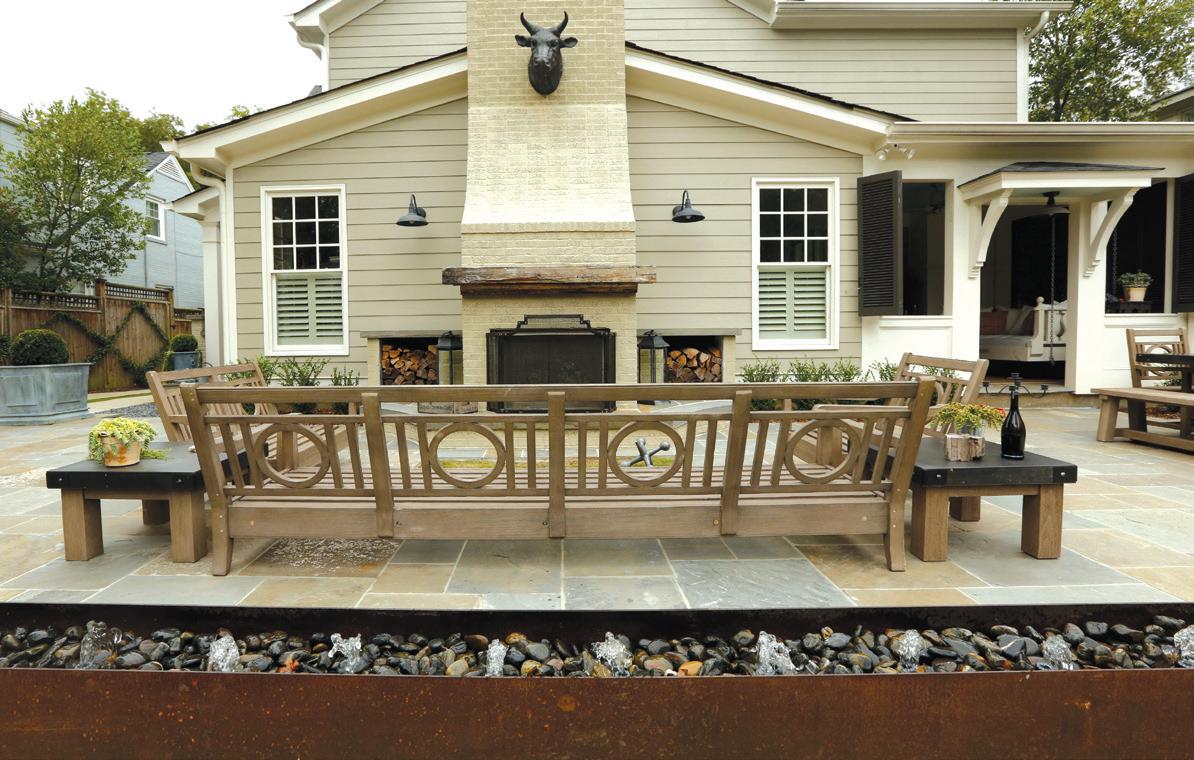URBAN AG
UGA researches alternative containers Biodegradable containers can benefit gardeners by Allison Fortner for CAES News
“Under standard cultural and environmental conditions (fertilization, organic soil amendment, irrigation), alternative containers made of recycled paper, coconut fiber and wood pulp fiber will degrade in the soil within a single season.” ~ Bodie Pennisi , Professor
CCAES, UGA Griffin campus.
College of Agricultural and Environmental Sciences researchers tested biodegradable pots made from (left to right) wood pulp fiber, cow manure and coconut coir.
Professional and home gardeners alike can grow landscapes sustainably with the help of biodegradable plant containers, but gardeners may wonder whether these containers decompose quickly enough to avoid hindering plant growth.
UAC MAGAZINE | WINTER 2021
A study conducted by University of Georgia researchers determined that, under standard cultivation practices, certain types of biodegradable containers will decompose within a single growing season.
52
In a recently published article in the Water, Air and Soil Pollution, UGA scientists determined how industry-standard growing practices affected the decomposition of widely available biodegradable — or alternative — growing containers. This study was led by Bethany Harris while she earned her doctorate in horticulture under the guidance of Professor Bodie Pennisi and soil microbiologist Mussie Habteselassie in the College of Agricultural and Environmental Sciences at the UGA Griffin campus.
Pennisi, a horticulture specialist with UGA Cooperative Extension, said that although alternative containers made of animal- and plant-based byproducts have been available for more than 10 years, consumers and industry professionals have been slow to adopt these environmentally friendly options. “One of the reasons is the perception that, when annual bedding flowers are installed in plantable containers in the landscape, the container does not degrade rapidly enough by the end of the growing season and thus necessitates manual removal of remnants,” Pennisi said.
Evaluating paper, wood pulp and coconut fiber containers The study focused on three factors involved in decomposition — moisture, fertilization and organic soil amendment — and their effects on alternative containers. Researchers examined three container types and measured the response of each to these factors. “In our study, we chose three types of biodegradable containers — recycled paper, wood pulp fiber and coconut coir containers — due to their market availability and their varying levels of cellulose and lignin content,” said Harris, who also earned a bachelor’s degree in


















